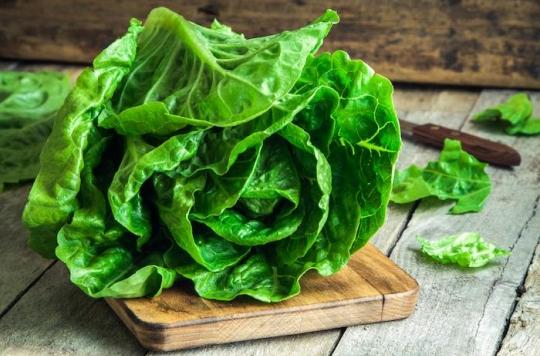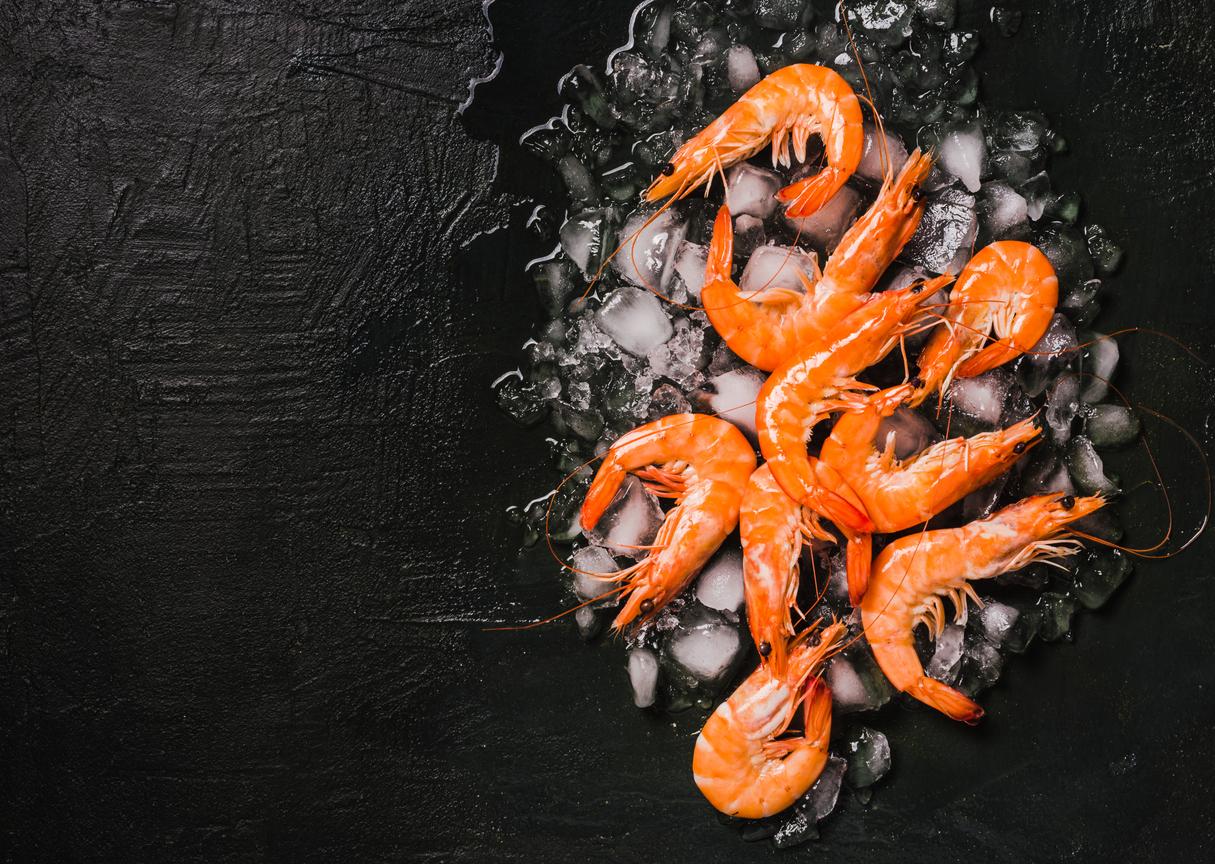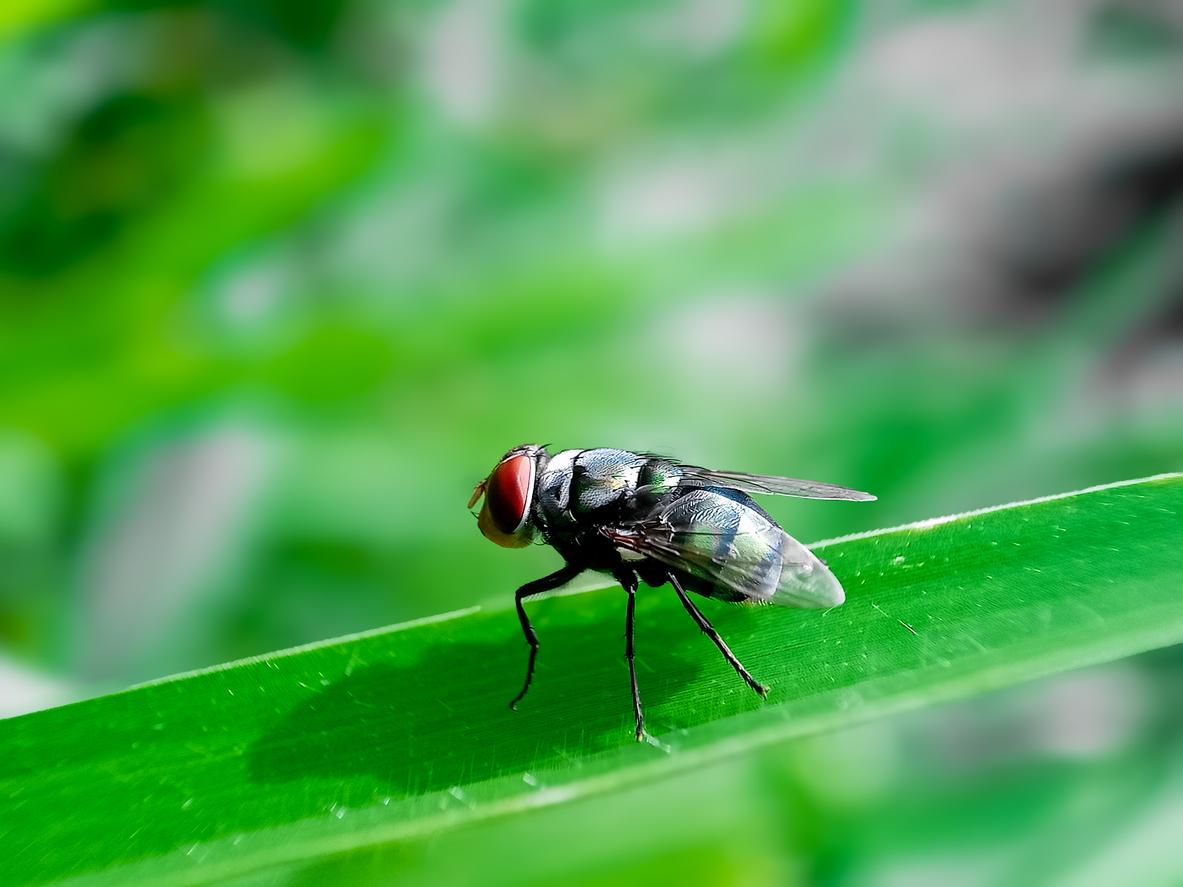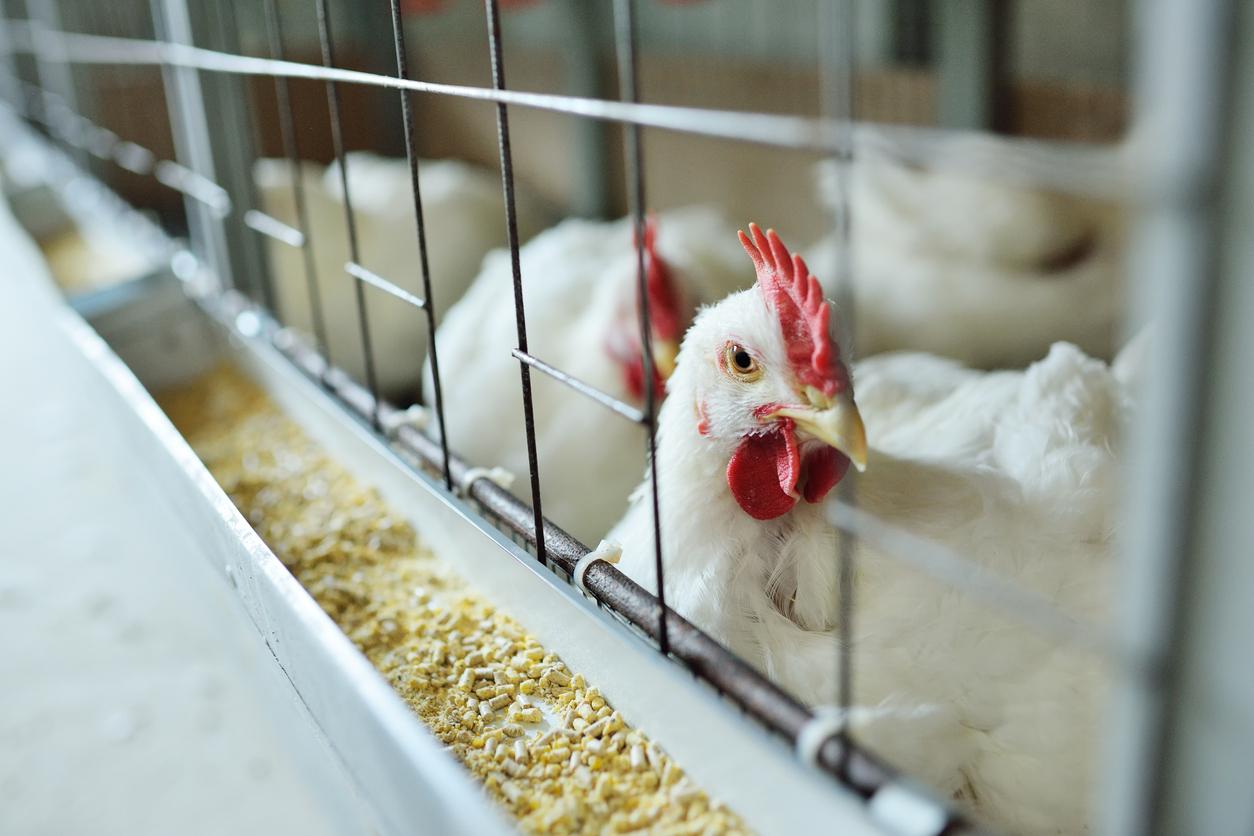US authorities warned this week of romaine lettuce infected with a highly dangerous strain of E.Coli bacteria. Among the 32 people who have fallen ill since the beginning of October, 13 should have been hospitalized.

Romaine lettuce in quarantine. As millions of Americans prepare to celebrate Thanksgiving, the Centers for Disease Control and Prevention warned them on Tuesday, November 20 against this food. According to the agency, 32 people living in 11 states fell ill after catching E. Coli bacteria from eating romaine lettuce.
“If you’re not sure if your salad is romaine lettuce or a salad mix that contains it, don’t eat it and throw it away,” orders the official statement. “Wash and disinfect all the floors of the fridge where there was romaine lettuce”, also alerts the agency which has opened an investigation to determine the source of the contamination.
The crisis started on October 8 and led to the hospitalization of 13 people (nearly half of the patients), including one who lost a kidney. Nearly a third of cases have been reported in California, with the rest concentrated in the Northeast and the Great Lakes region. In addition, 18 people have been infected in the Canadian provinces of Ontario and Quebec.
A mostly harmless bacterium
But if these new cases have nothing to do with the romaine lettuce crisis which left 5 dead and 200 sick this summer in the United States, the new incriminated strain, E.Coli O157:H7 is very dangerous. In 1993, it claimed the lives of 4 children and seriously sickened nearly 200 people in the country, recalls The New York Times. Indeed, the toxins released by E.Coli O157:H7 cause hemorrhagic diarrhea and can seriously damage the kidneys.
E.Coli is present in the intestines of farm animals and is transmitted to humans through direct contact with infected animal droppings or when eating meat or raw milk that has come into contact with the bacteria. Most often, the latter does not cause problems but it happens that some of its strains cause health problems. It is usually a food poisoning or a particularly long gastroenteritis (up to 10 days) manifested by nausea and vomiting, diarrhea, abdominal cramps, fever and headaches.
If no symptoms appear in the ten days following consumption of the incriminated product, you have not been contaminated by a dangerous strain. But it is necessary to avoid as much as possible to give raw milk and cheeses made from raw milk to children, pregnant women and immunocompromised patients.
Wash hands and food thoroughly before cooking and eating
Indeed, these categories of people are much more sensitive and would be likely to develop serious illnesses in the event of an infection. Very rarely, an E.Coli contamination can develop in young children and the elderly into a very serious and potentially fatal infection called hemolytic uremic syndrome (HUS). Red blood cells (haemolytic anemia), platelets (thrombocytopenia) and kidneys (acute renal failure) are then affected, which may require blood transfusions and dialysis.
In France, 11 children suffered from HUS after having consumed reblochons contaminated with Escherichia Coli 026, in the month of June. One of them died but his death was not formally attributed to the cheese. The bacterium was then found in two dairy farms that supply the Chabert company. Nearly 360 tons of Chabert cheese had therefore been recalled from France but also from Spain and Germany.
To avoid catching E.Coli, remember to wash your hands, utensils and countertops before cooking and eating. Finally, pass the fruits and vegetables under water each time and eat them preferably cooked, just like meat (cooking kills the bacteria).

.















